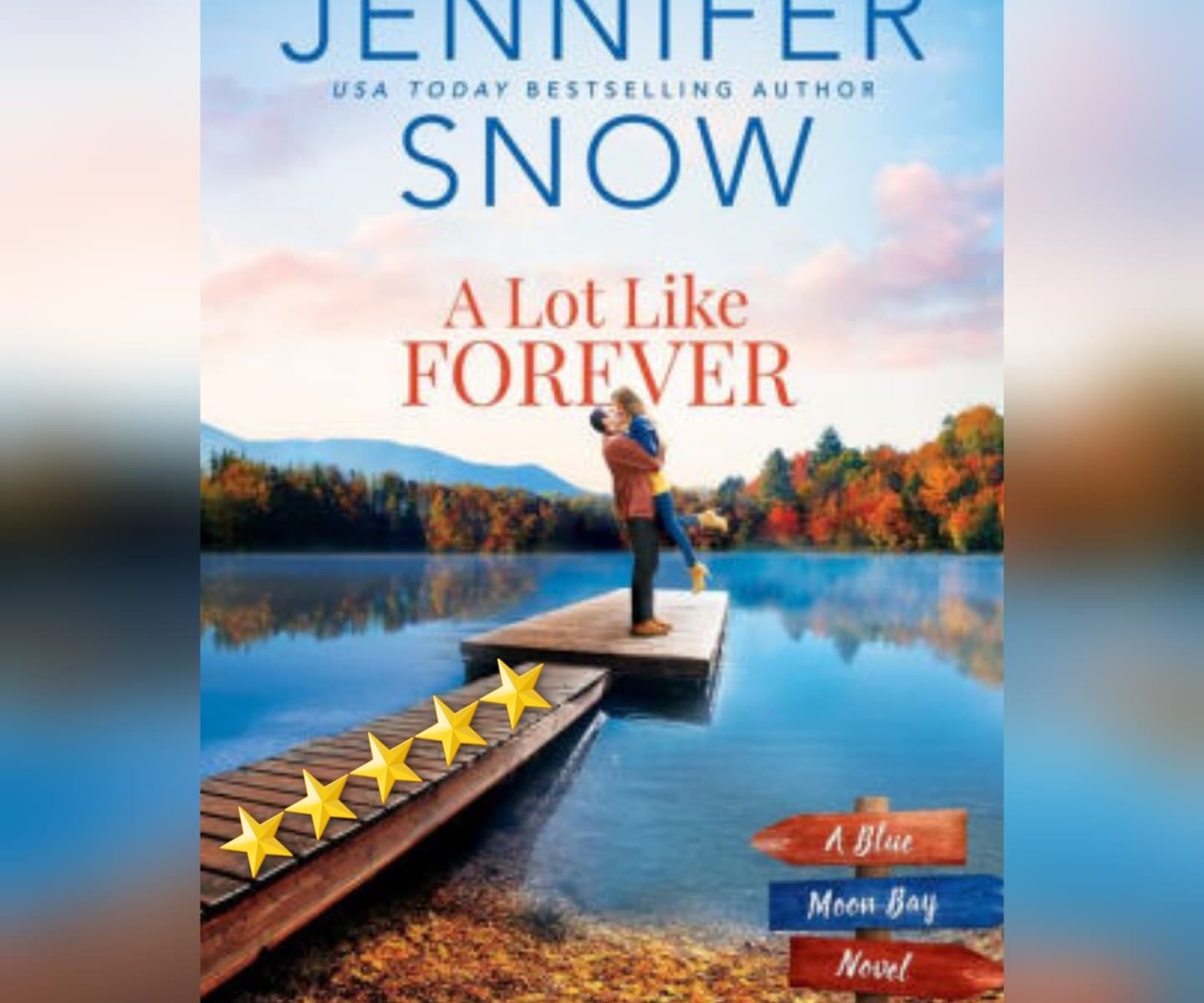In the next few days, I am going to write an article with my answer to the age old question: “How can I get an ARC?”.
But in thinking about my answer to that question, I realized that there is a more critical topic that needs to be discussed before we can intelligently look at how to obtain an ARC – “What are ARCs and why do they exist?”
Quite simply, Advance Review Copies are the literary equivalent of an early screening of a movie – they exist as part of a marketing strategy to build word of mouth (aka “buzz”) about a particular book in the days/ weeks/ sometimes even months before its release. But the goal is always pretty obvious: To sell more books. Period.
It doesn’t matter if a particular author just wants to be published at all and would maybe like to make enough money from their book to buy a Nintendo Switch or if the author in question is a “mega/ mega” – has a mega contract with a major publishing house. At the end of the day, writing books is a business and it is about making money. Yes, authors by their nature are very creative people. And particularly at the Indie level, they tend to be almost Renaissance People with how many different artistic abilities they have to have, since they themselves do *every* job that a major publishing house can farm off to dozens or potentially even hundreds of people. But at the end of the day, the goal is always the same: to sell this product – in this case, books – to make money. And the money isn’t just for the author, even on the indie level. While the author and their family are important enough, many times authors will realize that they are simply not capable of being a master of all things, even if they have the ability to do all things – which not all authors have to begin with. So an entire industry of assistants and editors and cover designers and marketers exists even in the indie realm, though obviously with a fair degree more independence and a fair degree more reliance on individual books selling particularly well.
There are many components to making a book stand out. It needs a compelling story, obviously – but there are many compelling stories that you will never hear of. It needs a solid, eye catching and mind engaging title – but there again, there are books with such titles that do not get the attention of others with lesser titles. It needs to be from an author that a reader recognizes – but how do you get this recognition without selling more books? It needs a compelling cover, preferably one that relates to the book in some way – but again, other books have sold well with little more than the title and author name in black ink on a white background. Once all of these factors draw a reader to at least glance at the book’s description, that discription needs to compel them to buy the book if the other things didn’t quite get them to do so.
And while all of these are important, there is one step in there that is specifically where Advance Reader Copies come in: what the marketing people call “brand recognition”. Maybe it is just the author – which is excellent and can lead to major sales in and of itself. (Looking at you, Stephen King, Lee Child, Nicholas Sparks, among many, many others.) Sometimes it is just the title – “1984” is arguably more well known than “written by George Orwell”.
In order to build this “brand recognition”, businesses – not just authors, but businesses generally – are often willing to incur small, short duration losses if they can genuinely expect these losses to lead to larger gains in the mid to long term than would be possible without these losses. The business people even have a term for this: “loss leaders”. The entire definition of the concept is simply “a product sold at a loss to attract customers”.
Which is exactly what an ARC is – literally giving a book away for free in the hope that it will attract many more paying customers. And this is the very reason ARC etiquette is so very important – if you don’t leave the review or if you share the ARC with someone without permission, you are cutting into the very reason you as an ARC reader exist. And if it ever gets to the point where ARCs stop leading to higher sales in the long run because of poor etiquette on the part of ARC readers, it will no longer make business sense to offer ARCs at all.
On the other side, of course, are the Lee Childs and Stephen Kings and such who already have such brand recognition that loss leaders are far less critical, and therefore can be far more tightly constrained so as to maximize profits. (Though even Lee Child’s latest Jack Reacher book was on NetGalley for ARC copies, though I didn’t have the courage to apply for it, anticipating the very scenario where such ARCs were only authorized for the biggest players in the review side of the business.)
Again, authors make money by *selling* books, not by giving them away… but Amazon and other retailers also trigger internal promotion mechanisms based on a critical mass of reviews, and it is via this very “priming the pump” mechanism that ARCs become loss leaders.
If a particular book can get X number of reviews in Y period – whatever those numbers are, and I don’t think Amazon actually releases them, for somewhat obvious reasons – then Amazon, one of the most powerful retailers on the planet today, becomes at least somewhat of an ally in helping the publishing agents to sell books. And often the best way to hit that target is to give away ideally exactly that number of ARCs and have every single person that receives one leave a review within the time period needed. But unfortunately not everyone can be trusted, and unfortunately far too many break the (usually implicit, but I see becoming explicit more and more often these days) ARC “contract”. So publishing agents have to have ways of finding out how sincere and trustworthy you are, and that is the very subject of the next post.
So there you have it – a brief look at the business side of ARCs. Next time, we look at ARCs from the intersection of the business and the reader and explain some ideas of how and why certain actions can help a reader be a better candidate to receive ARCs – to become a loss leader – while other actions may make a particular reader a less desirable candidate.


